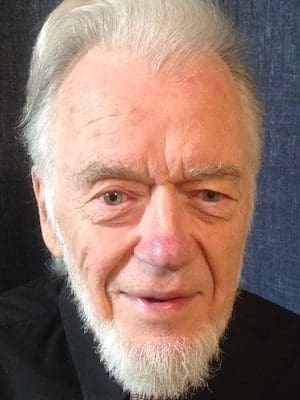Most Protestants, perhaps, have not paid a lot of attention to what the pope has said and done through the years.
But things have changed somewhat since Cardinal Jorge Bergoglio of Argentina was elected pope in February 2013.
Choosing Francis as his papal name in honor of Saint Francis of Assisi, Pope Francis has often been a topic of conversation, even for those who are not Christians as well as for Protestants.
The pope is especially much in the news now because of his visit to Cuba from Sept. 19-22, followed by a six-day trip to the United States, which begins today.
President Obama is scheduled to welcome the pope in a ceremony at the White House at 9:15 a.m. Wednesday, Sept. 23.
That will be followed by a parade along 15th Street, Constitution Avenue and 17th Street, NW, in Washington, D.C.
People wishing to see the pontiff were invited to line the streets around the Ellipse and the National Mall as he rides by in the “Popemobile.”
That parade, scheduled to begin around 11 a.m., is free and open to the public on a first-come, first-served basis.
However, spectators have to pass through security, with gates opening for the Ellipse and the National Mall at 4 a.m. and closing at 10 a.m.
It seems remarkable to me that people would begin lining up at 4 a.m. for a parade that wasn’t scheduled to start until seven hours later.
On Thursday morning, Sept. 24, the pope is scheduled to address a joint session of Congress, which will be broadcast live.
Three previous popes have come to the U.S., the first being Paul VI in 1965. This will be the first time, though, for a pope to address Congress.
It will be interesting to hear what Pope Francis has to say there – and to how the members of Congress will respond.
If he talks about matters related to anti-abortion or homosexuality, that will put him at odds with many Democrats.
On the other hand, if he talks about global warming, income equality and the problems of capitalism, and the immigration issue, which is more likely, he will spur strong disagreement from many Republicans.
At the beginning of his papacy, Pope Francis was very highly regarded around the world.
Even by February 2014, Gallup found that 76 percent of the people in the U.S. still had a favorable opinion of him.
By July of this year, though, that rating had fallen to 59 percent – and among conservatives there was only 45 percent approval.
By comparison, in April 2008, Pope Benedict XVI had an approval rating of 63 percent, and the popular John Paul II, for his 27 years as pope, had an average approval rating of 72 percent.
A more recent Barna Group survey reported that 60 percent of U.S. adults held favorable views of the pontiff, a 6-percent decline from 2014.
Gen-Xers (born between 1964 and 1983) expressed the most positive perspective with 71 percent approval.
Francis’ popularity decline is partially due to what he has said about climate change, economics and immigration.
It used to be that there was considerable opposition to and criticism of the pope, especially by Protestants, because of his religious beliefs.
And certainly there are many things Pope Francis believes and teaches about Christianity that I don’t agree with.
Now, most opposition to or criticism of the pope is because of his stance on social and economic issues.
And I agree with him on most of those matters – mainly because I think they are in keeping with the teachings of Jesus.
Pope Francis has said, for example, “Human rights are not only violated by terrorism, repression or assassination, but also by unfair economic structures that creates huge inequalities.” And he has repeatedly called for solidarity with the poor.
Congressional leaders, and all of us, need to listen well to what the pope says.
 Leroy Seat was a missionary to Japan from 1966-2004 and is both professor emeritus of Seinan Gakuin University and pastor emeritus of Fukuoka International Church. A version of this article also appeared on his blog, The View from this Seat, and is used with permission. You can follow him on Twitter @LKSeat.
Leroy Seat was a missionary to Japan from 1966-2004 and is both professor emeritus of Seinan Gakuin University and pastor emeritus of Fukuoka International Church. A version of this article also appeared on his blog, The View from this Seat, and is used with permission. You can follow him on Twitter @LKSeat.
A missionary to Japan from 1966-2004, he is both professor emeritus of Seinan Gakuin University and pastor emeritus of Fukuoka International Church.

